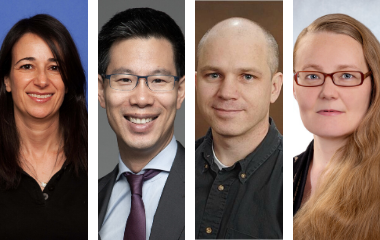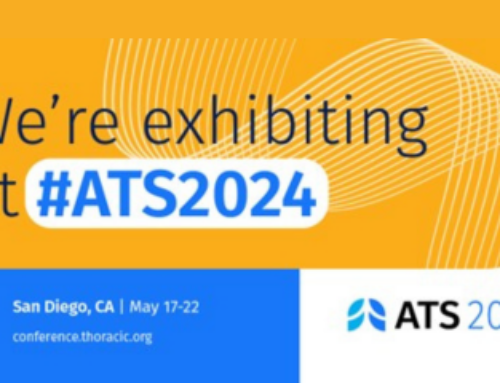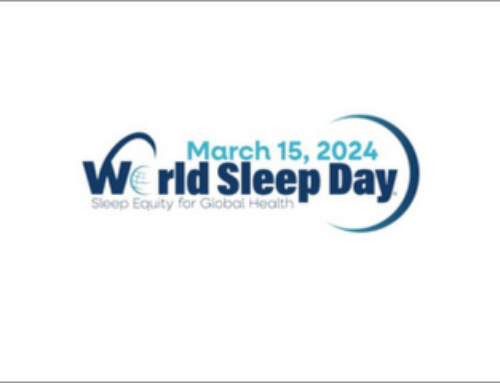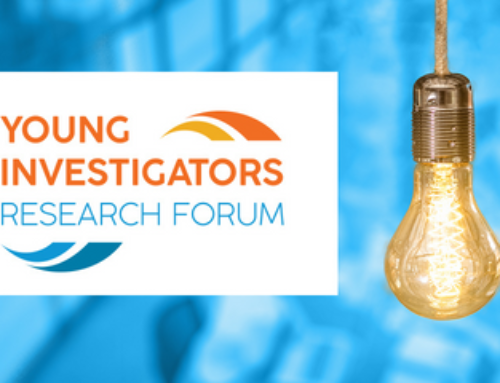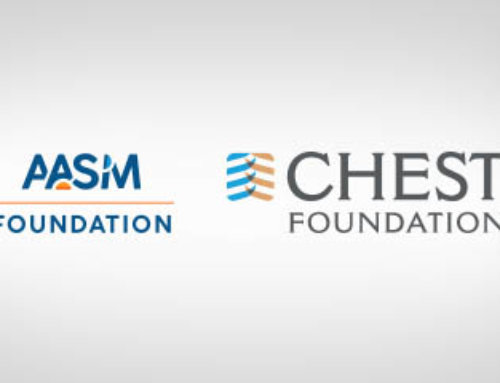This year, the AASM Foundation provided more than $800K in funding for its Strategic Research Award on the topic of artificial intelligence, which will transform the way current and historical data regarding patient health and healthcare services is understood and used.
The funded projects will leverage machine learning to optimize the diagnosis and management of obstructive sleep apnea, develop a deep neural network model to detect apneas and hypopneas, and use deep learning algorithms to develop measures of sleep quality.
Congratulations to the 2019 Strategic Research Award recipients!
Strategic Research Award
Michelle Zeidler, MD, MS
University of California
David Geffen School of Medicine
Utilizing Artificial Intelligence to Optimize Diagnosis of Obstructive Sleep Apnea
Essential to addressing the epidemic of obstructive sleep apnea (OSA) is an efficient process for diagnosing OSA through either a home sleep apnea test (HSAT) or attended polysomnogram (PSG). The goal of this project is to leverage machine learning to optimize the diagnosis of OSA by creating a predictive model for identifying which patients with suspected OSA should be directly referred to PSG due to high likelihood of a non-diagnostic HSAT.
Dennis Hwang, MD
Kaiser Permanente
Using Machine Learning to Predict PAP Adherence After Therapy Initiation
Achieving proper positive airway pressure (PAP) therapy adherence in the treatment of obstructive sleep apnea is a significant challenge. Developing artificial intelligence mechanisms to predict likelihood of PAP adherence at multiple time-points and timing of non-adherence has the potential to improve OSA management. Machine learning will be applied to a large diverse patient dataset with the goal of implementing the developed prediction algorithms as clinician decision support tools to assist sleep medicine clinicians and enhance personalization of patient care.
Michael Westover, MD, PhD
Massachusetts General Hospital
Redefining Sleep: Data Driven Biomarkers of Sleep Quality
There is no agreed upon method to measure sleep quality. Conventional metrics are limited by simplistic electroencephalogram features and ignore other sleep signals. Deep learning (DL) algorithms can extract rich information from signals to predict specified outcomes. This project will use >29,000 polysomnograms and DL algorithms to develop measures of sleep quality that reflect cognitive and cardiovascular risks of disrupted sleep, which are named data driven sleep quality biomarkers.
Kirsi-Marja Zitting, PhD
Brigham and Women’s Hospital
Deep Neural Network Model for Automatic Detection of Sleep-Disordered Events from Out-of-Center Level 3 Sleep Tests
Obstructive sleep apnea is a highly prevalent disorder that can have serious health risks if left untreated. The aim of this project is to develop a deep neural network model to automatically detect apneas and hypopneas from the electrocardiogram signal and apply this technique to the scoring of out-of-center sleep tests (OCSTs). This technique will improve the accuracy of OCST for the diagnosis of OSA and result in more patients being identified and treated.
HEALTHIER LIVES THROUGH BETTER SLEEP
The mission of the AASM Foundation is to promote discoveries that advance the understanding of sleep for healthier lives. Contributions directly support the expansion of our programs like the Strategic Research Award. Join our annual campaign for sleep health and donate today.


